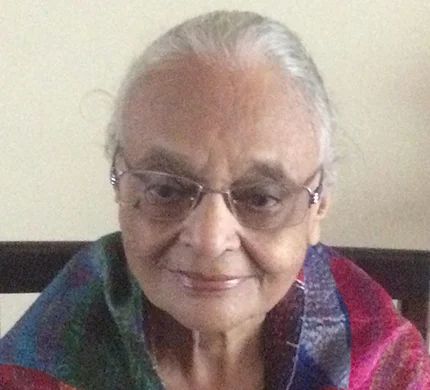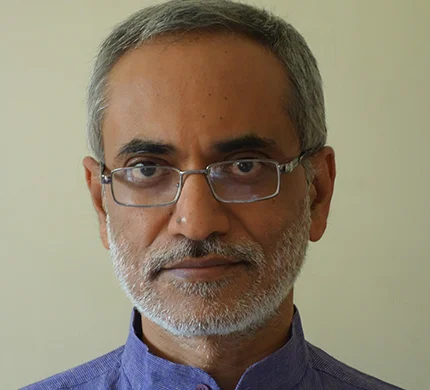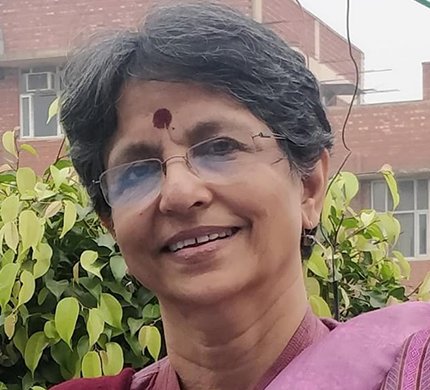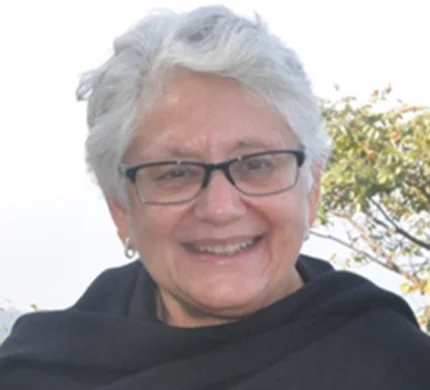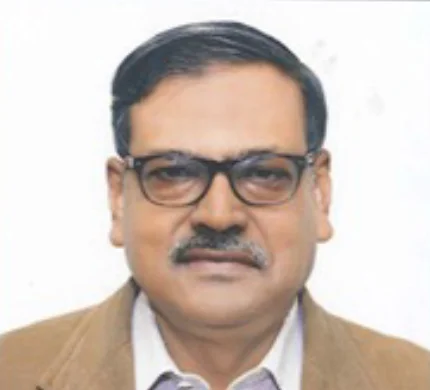
The caste system in India and the structural inequalities perpetuated by casteism are a grave challenge to creating a just society. The problem is exacerbated because the education system which includes the library and school curricula are not fully acknowledging and confronting this risky subject. Historically, libraries have emerged as safe spaces for collective conversations, diverse collections and dialogue around risky subjects. This project’s aims are to work closely with a selective sample of 8 – 10 library educators from diverse backgrounds on the subject of caste, over a period of one year, to intensively examine, through a participatory lens, what may be needed to examine one’s own knowledge and attitudes on caste issues. In addition, it also aims to expand perspectives by engaging with caste literature and conceptualize, design, and pilot a library module for children. The intended outcomes of the project are a deeper awareness of what it takes to examine bias and expand perspectives of library educators on casteism to strengthen professional training programs; a practitioner module on using risky texts with children in libraries to engage on this subject; increase awareness of library educators about casteism and the compelling need for social justice education through libraries.
Key Words: Caste, Library, Education, Discrimination, Children
Key Themes:
Caste, Social Transformation
Project Site:
Goa
Principal Investigator:
Sujata Noronha
Co-Investigator:
Beena Choksi
Publications
Teacher Plus

